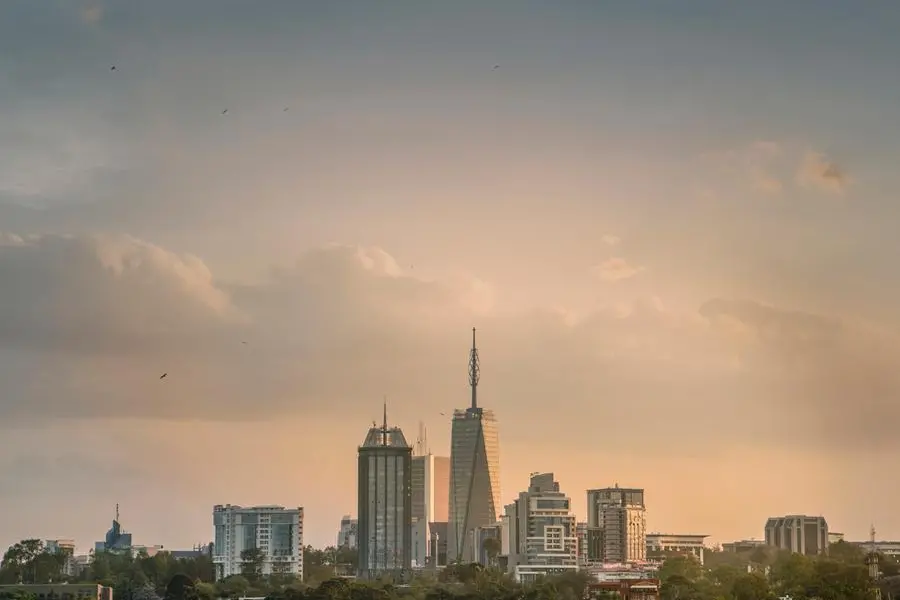PHOTO
The World Bank projects the Kenyan economy will slow down to 5.5 percent this year amid concerns over increased commodity prices including fuel and the effects of drought.
The Bank said the country will receive below-average rains that will negatively affect agricultural performance leaving nearly 3.1 million Kenyans in need of food aid.
The country's growth will also be dampened by high commodity prices triggered by global supply chain shocks following the war in Ukraine that is driving up inflation.
World Bank projections are lower than the Treasury estimates of six percent growth after GDP rebounded last year to grow at 7.5 percent in 2021, the fastest pace in 11 years.“Looking ahead, economic growth is expected to moderate in 2022 with real GDP projected to grow by 5.5 percent in 2022,” the World Bank said in the Kenya Economic Update.
Kenya’s economy staged a marked recovery last year driven by the recovery in the services sector and expansion in industrial output.
Agriculture the country’s largest sector, however, contracted by 0.2 percent in 2021 affected by drought conditions, compared to a 0.9 percentage point contribution to GDP growth in 2020.
The 2021 production estimates indicate that poor rains reduced maize output by 3 percent, wheat by 28 percent and beans by 13 percent below 2020 levels.
Below-average rainfall led to a drought that has left 3.1 million Kenyans food insecure in the pastoral and marginal agricultural areas.
The bank says food insecurity is rising in Kenya and up to 5 million people will need food assistance by September 2022.
Kenya also faces the challenge of upcoming polls where the country has a history of slowing down during election years when firms put investment decisions on hold pending a return to normalcy in the political landscape.
Economic growth, for example, slowed to 4.81 percent in 2017 as a result of the bitterly-contested presidential poll from 5.88 percent a year earlier.
The same trend was seen in 2008 when the aftermath of the deadly December 2007 presidential election sank the economy to growth to 0.23 percent from 6.865 percent the year before.
The notable exception was in 2013 when the economy grew 5.8 percent after the Supreme Court amicably resolved a presidential dispute compared with 4.56 percent the year before.
© Copyright 2022 Nation Media Group. All Rights Reserved. Provided by SyndiGate Media Inc. (Syndigate.info).




















